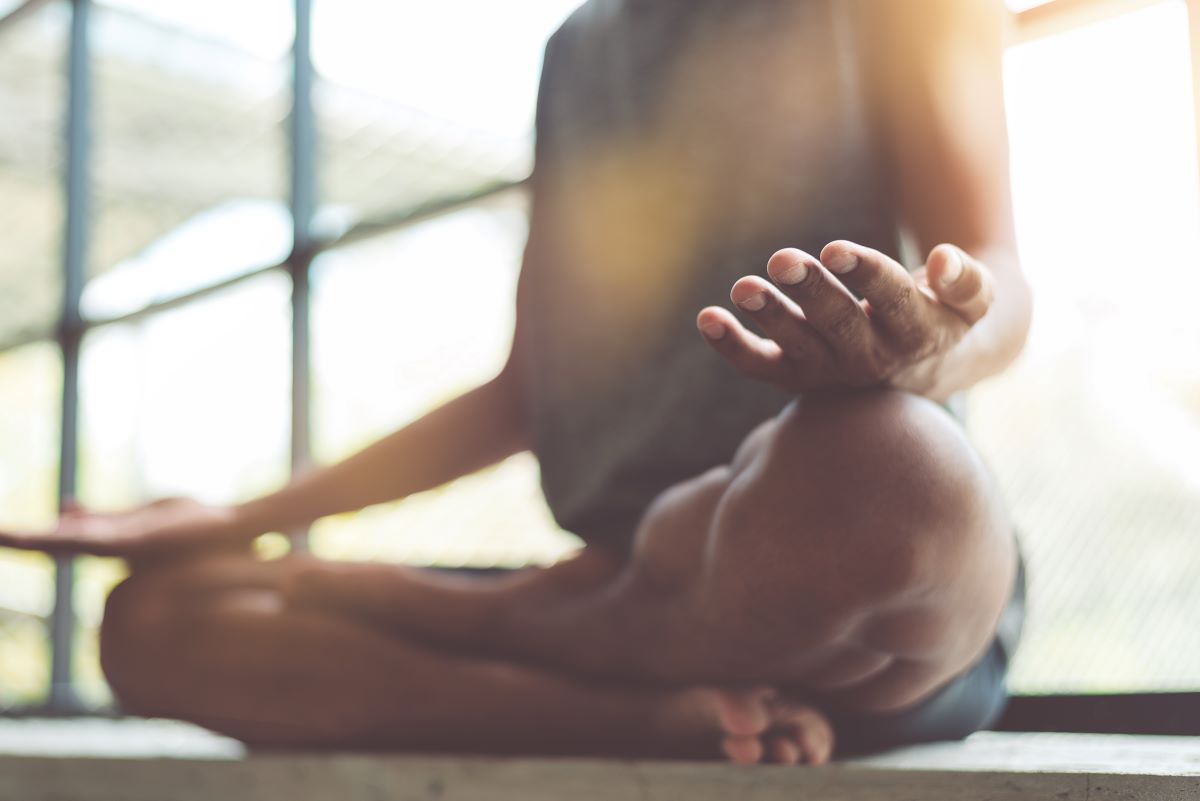Coping skills can vary based on individual preferences and the specific mental health condition. I use the following to help me to cope. Sometimes I use one skill, sometimes I use them all. Different situations call for different skills. Practicing these coping skills over and over until they become second nature can prove to be beneficial in overcoming stress and anxiety especially.


It’s important to note that these coping skills can complement professional mental health treatment but may not be a substitute for it. Individuals should consult with mental health professionals to create a comprehensive and personalized plan for their well-being.
© Copyright Buddy Writes | All Rights Reserved